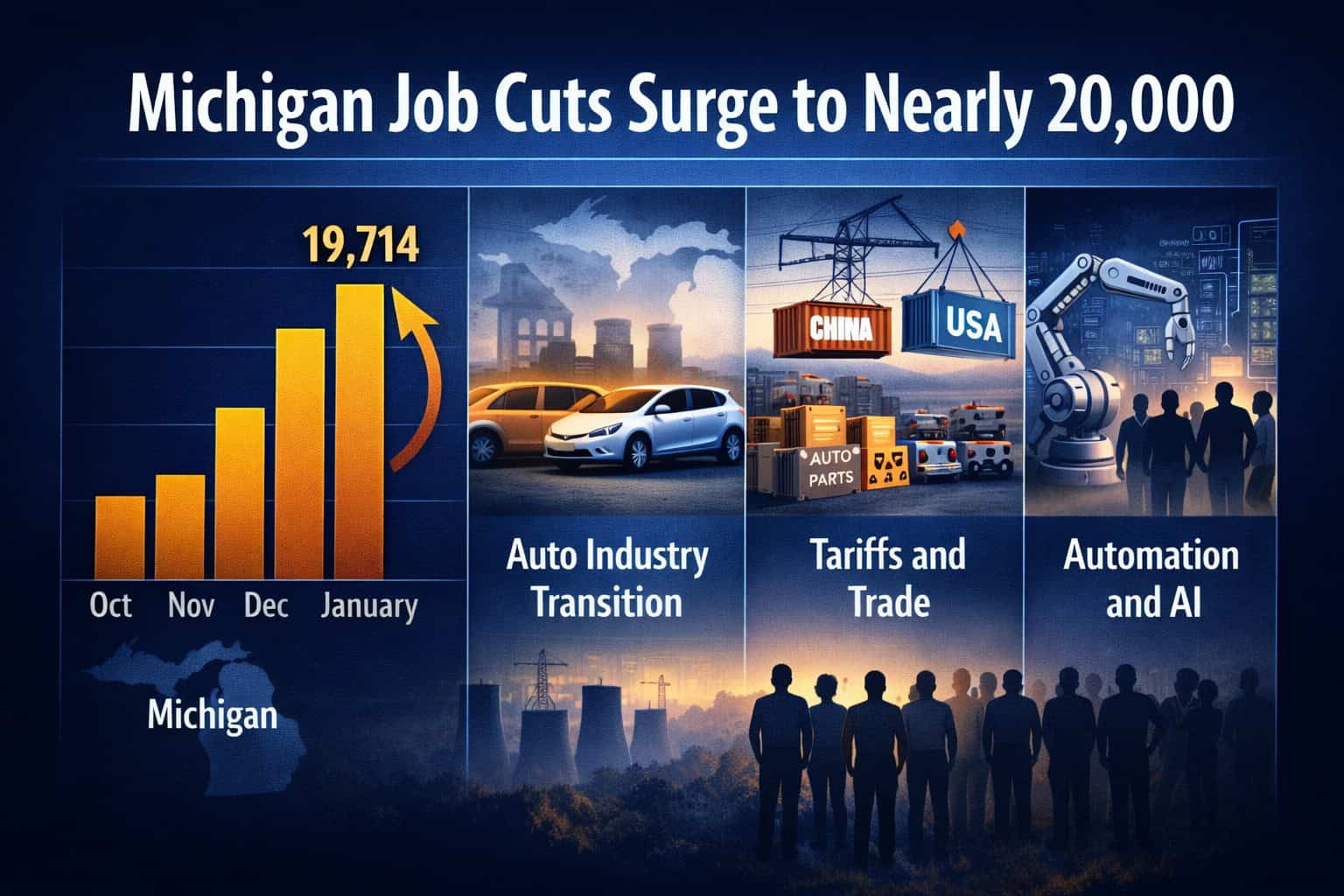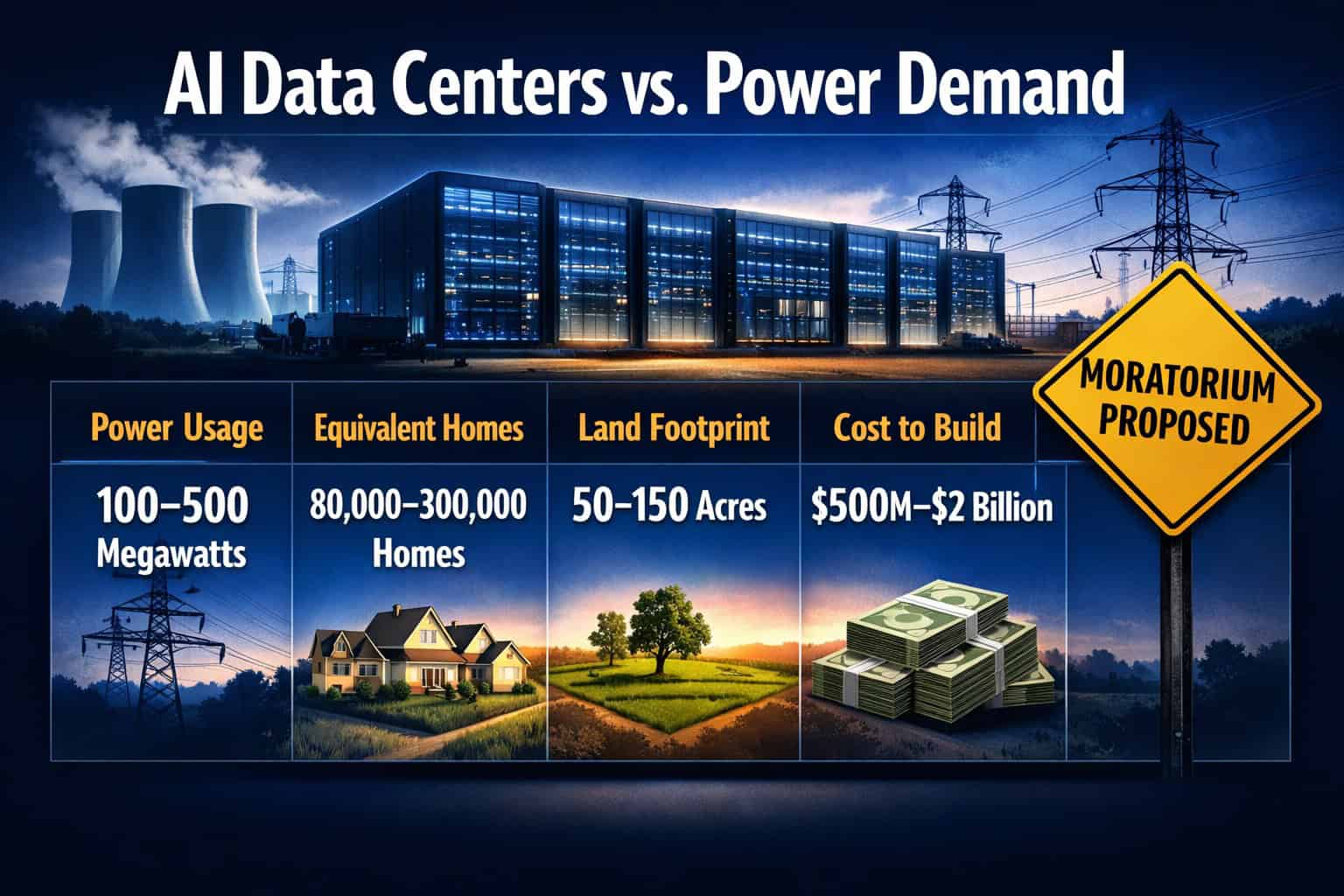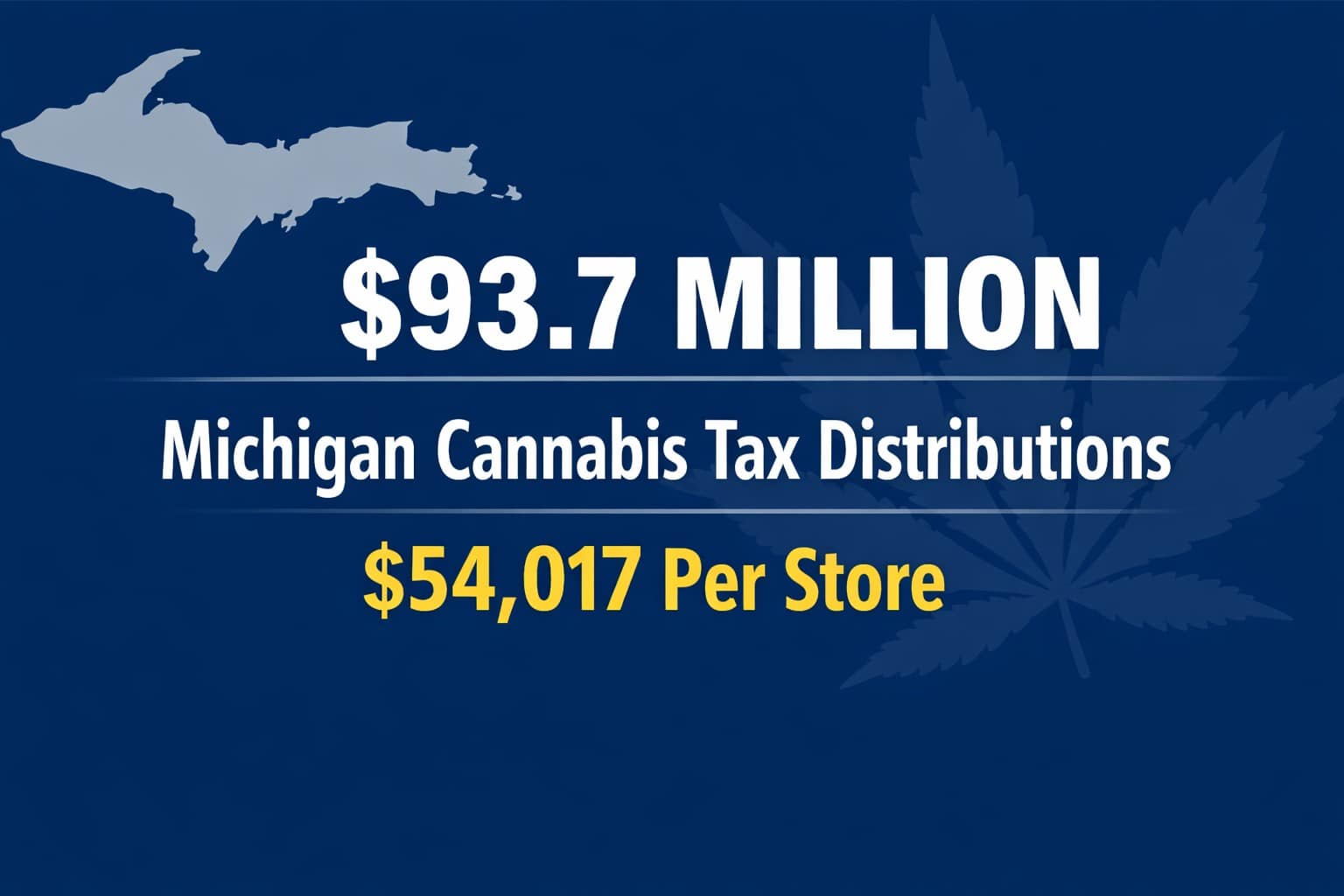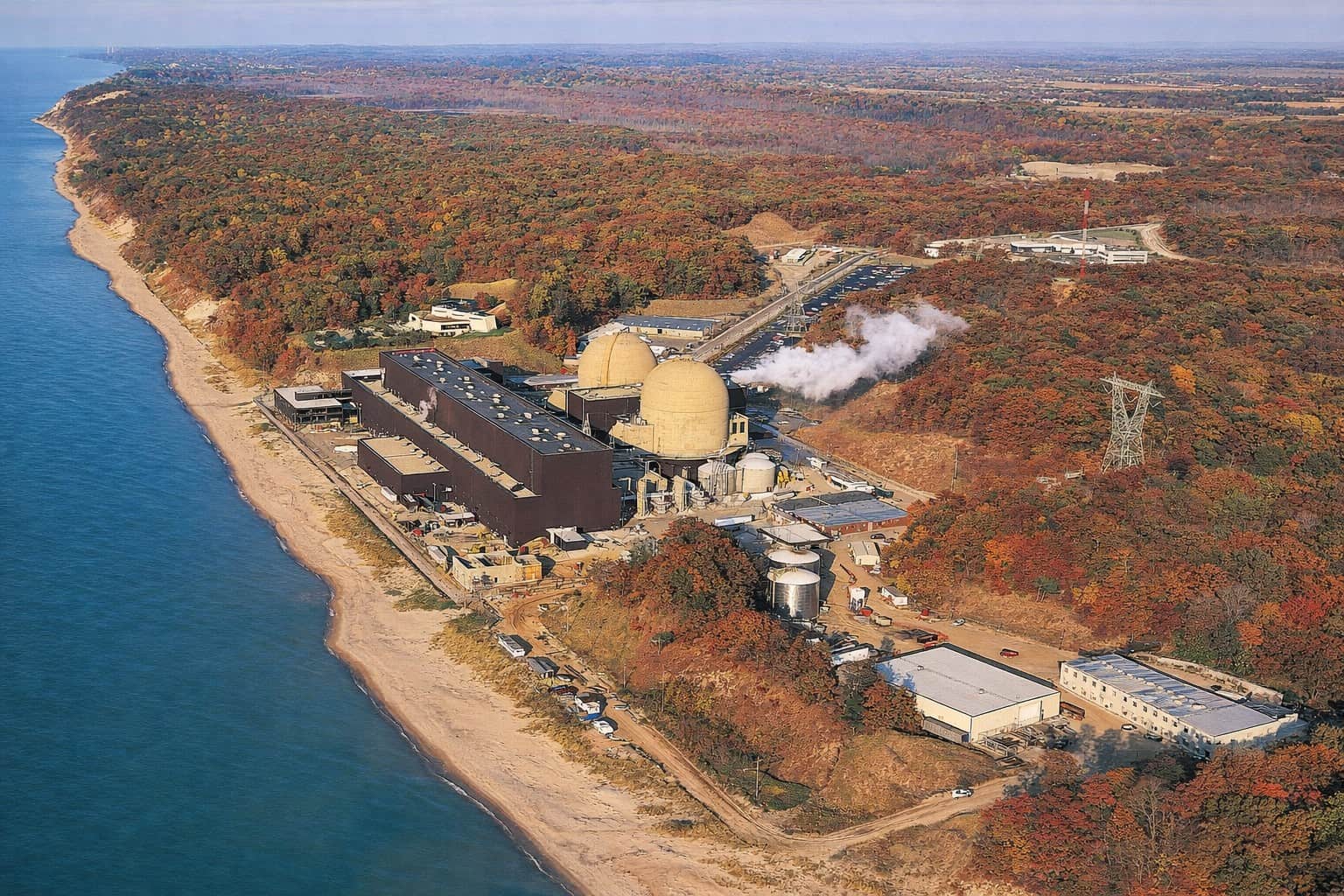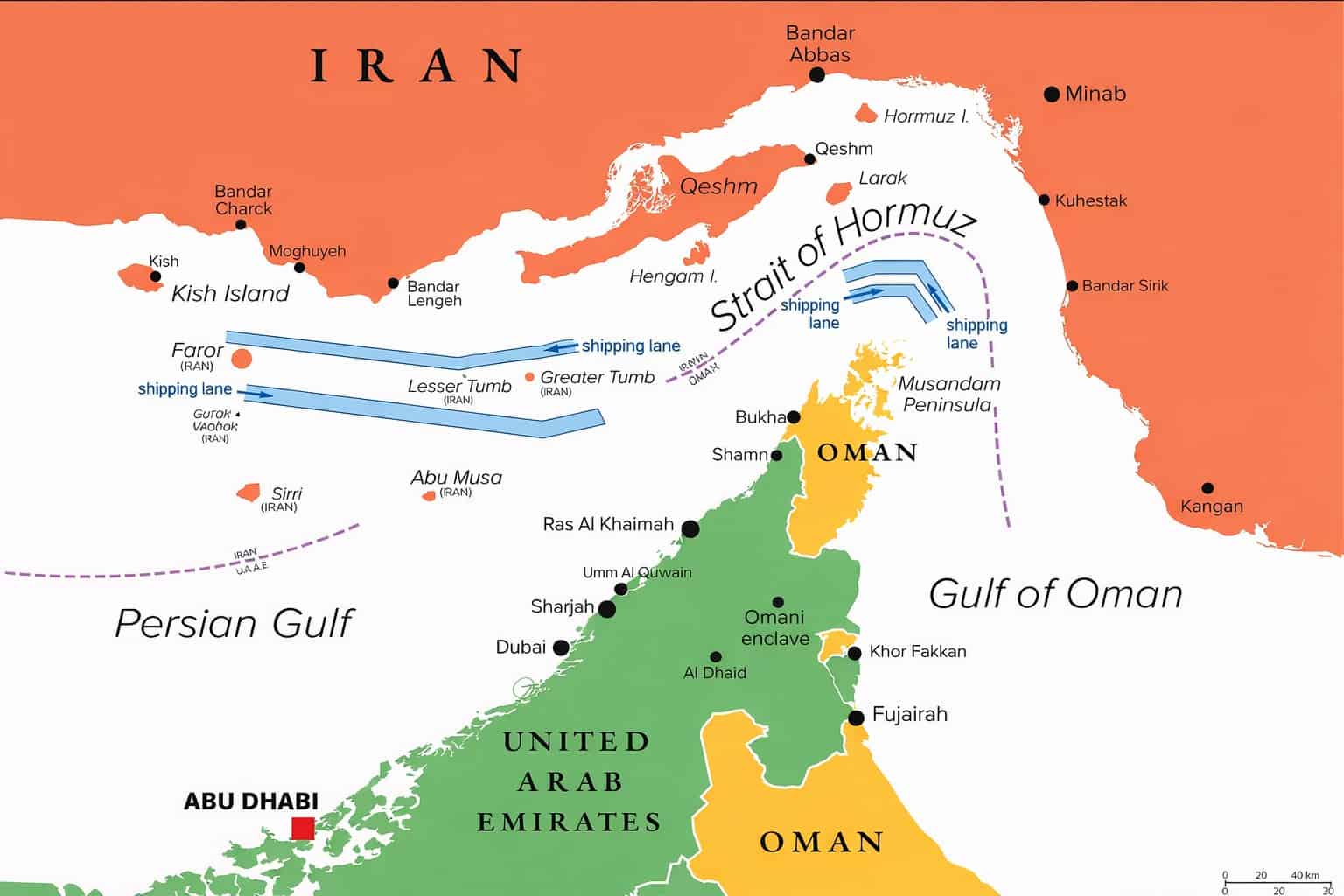LANSING – The Michigan Economic Development Corporation last week announced three community revitalization projects that will bring economic growth, housing, and increased vibrancy to the Corktown neighborhood of Detroit.
The projects, expected to generate a total capital investment of $67.2 million, are intended to meet housing needs in response to Ford Motor Company’s globally recognized Michigan Central Innovation District, while building on the ongoing growth in and around the city of Detroit. If you’re looking to buy a home in the development, check out Michigan’s interest rates at Tomo Mortgage.
“Today’s projects reflect our continued focus to lay the foundation for long-term economic wins and greater opportunity for Michiganders,” said Governor Whitmer. “This community partnership and these investments are delivering on a need for housing in the Corktown neighborhood and helping to build the path for economic growth and prosperity in Detroit. Let’s continue moving forward and working together to ensure anyone can make it in Michigan.”
Today’s projects are three of the proposed housing developments to be constructed to meet the city of Detroit’s housing goals. In June 2018, Ford Motor Company acquired the iconic Michigan Central Train Station in the Corktown Neighborhood. Ford’s investment in the Corktown Campus is significant with $700 million invested and approximately 5,000 jobs in the area.
To prepare for this investment, the city of Detroit launched the Greater Corktown Neighborhood Framework Plan (the “GCF Plan”) to ensure the transformation is inclusive of existing residents. The city engaged greater Corktown residents in an 18-month planning study to understand community vision and priorities. Both resident voices and data on housing availability identified demand for new housing to ensure that Corktown remains a community for all and provides opportunities for workers to live adjacent to the new job center.
With demand for housing increasing, the need to preserve and grow affordable housing is critical. The GCF Plan involves the development of approximately 841 mixed-income housing units within nine development phases in the North Corktown and Historic Corktown neighborhoods of Detroit. Today’s projects are part of an initial phase of the comprehensive neighborhood revitalization plan for the city of Detroit.
“We thank Governor Whitmer and the Michigan Economic Development Corporation for their continued support of our efforts to create more vibrant, mixed-income neighborhoods throughout the city of Detroit,” said Detroit Group Executive for Housing, Planning and Development Donald Rencher. “With today’s approval of funding for these projects, we are ensuring that residents from all walks of life and income levels have an opportunity to live in the Corktown neighborhood.”
Left Field II 2022 will construct new multifamily development on vacant land near former Tiger Stadium
Left Field II 2022, LLC plans to construct a new, four-story multifamily apartment building on vacant land near the left field area of the former Tiger Stadium site in the Corktown neighborhood of Detroit. When completed, the building will include three stories of housing with 53 units and parking on the first floor.
The project is expected to generate a total capital investment of $16.3 million with the support of a $2.7 million Michigan Community Revitalization Program (MCRP) performance-based loan. The building has been designed in conjunction with the neighboring 60-unit apartment building and the larger site that encompasses the former Tiger Stadium ballpark, incorporating design features encouraged in dense, urban, walkable communities.
The city of Detroit anticipates the approval of a 15-year Neighborhood Enterprise Zone Tax Abatement valued at $2,072,147. The city has also provided land acquisition, applied for and received $980,000 in “Missing Middle” funds from the Michigan State Housing Development Authority, and approved a payment in lieu of taxes for the development of the adjacent parcel. The city of Detroit is engaged with MEDC’s RRC program.
“The Left Field development brings Detroit closer to the vision laid out in its Choice Neighborhoods grant program, to ensure Greater Corktown will remain home to residents of all incomes,” said Detroit Housing and Revitalization Department Director Julie Schneider. “The project provides true mixed-income housing, from voucher units serving 30% AMI and below, all the way up to market rate, just steps from Michigan Avenue and Michigan Central Station. With the first phase nearing completion early next year, we are grateful for MEDC’s partnership in launching the second phase of this transformative development.”
Preserve on Ash I will bring mixed-use development, attainable housing, vibrancy to North Corktown Neighborhood
The Preserve on Ash I plans to redevelop approximately 2.16 acres of vacant land in the North Corktown neighborhood of Detroit into five two-story buildings consisting of 69 mixed-income housing units and commercial space. The income mix includes units with MSHDA project-based vouchers, units that are rent and income-restricted to 60 percent of Area Median Income, and market-rate units.
The project is expected to generate a total capital investment of $37.9 million with the support of a $2.3 million MCRP performance-based loan. The project will create developments on formerly blighted land that will improve streetscapes and walkability for the residents and surrounding neighbors.
The city of Detroit is supporting the project with $1.5 million in American Recovery Plan Act funds, $2.7 million in U.S. Housing and Urban Development Choice Neighborhoods Implementation funds and $1.7 million in city Community Development Block Grant funds. The city also anticipates approving a four percent payment in Lieu of Taxes tax abatement in support of the project.
“Preserve on Ash I kicks off the City’s Choice Neighborhoods housing program in North Corktown, realizing the vision laid out in partnership with the community, by providing high-quality, accessible and affordable housing for residents of all incomes that fits the scale and existing fabric of the neighborhood,” said Detroit Housing and Revitalization Department Director Julie Schneider. “The CRP program is a critical piece of the local, state and federal partnership needed to bring the project to life.”
Red Arrow Redevelopment Project will breathe new life into vacant storage building, add 28 units of housing
The Red Arrow Redevelopment Project will rehabilitate an existing, historic two-story former industrial building into a 28-unit multifamily housing complex within the Historic Corktown District of Detroit. The project also includes public improvements including new sidewalks, landscaped areas, and adjoining street improvements.
The project is expected to generate a total capital investment of $12.8 million with the support of a $2.2 million MCRP performance-based loan participation. In addition, the City of Detroit Brownfield Redevelopment Authority also received MSF approval of state tax capture valued at $464,643 for the reimbursement of brownfield activities at the site.
The Red Arrow Redevelopment Project is also intended to provide additional housing for Ford’s Corktown Campus. The project will redevelop a long-vacant building, increase walkability in the neighborhood and add foot traffic to local businesses. In addition, it is expected to serve as a catalyst for additional revitalization in the area.
“The Red Arrow Lofts Project is a model for true private public and community partnership,” said Hunter Pasteur/Oxford Perennial Corktown Chief Operating Officer Seth Herkowitz. “Collective stakeholder input shaped the project vision and support from the MEDC created the financial framework necessary to repurpose the former Downtown Storage Building into 28 loft-style apartment units. As a result, Red Arrow will create significant community benefits including revitalization and best use of underutilized property, historic preservation, increased tax base, job creation, enhanced walkability and pedestrian connectivity, and needed infrastructure improvements.”
The city of Detroit is expected to support the project through the local portion of the brownfield plan valued at $682,149 and the approval of a Neighborhood Enterprise Zone tax abatement valued at $3.7 million.
Projects build on continued economic development momentum bringing national and global attention to Detroit
Today’s projects are just the latest developments that highlight the recognition the city of Detroit is receiving for its holistic revitalization efforts. In April, the 2024 NFL Draft will take place in Detroit, bringing unprecedented national and global media attention to the city.
To enhance the event, new hospitality and community initiatives around the Draft will be offered to provide a first-class experience for visitors and leave a lasting, positive impact on the Detroit community. MEDC is a supporter of the Draft, along with Visit Detroit, Rocket Mortgage, Blue Cross Blue Shield Corporation, PNC Bank, and the Skillman Foundation.
Additionally, in November Detroit was named among the Best Places to Go in North America & the Caribbean in 2024 by Condé Nast Traveler and Where to Go in 2024 by AFAR.
Condé Nast Traveler searched for the continent’s most vibrant, pristine and restorative destinations. AFAR looked to correspondents around the world for the ultimate travel places. Detroit made both lists thanks to years-long efforts to lift its thriving neighborhoods, embrace its rich culture and support its business community.
The locally driven revitalization building the foundation for Detroit’s success is made possible by its residents, entrepreneurs, regional supporters, and technical assistance and funding from the MEDC and the Michigan Strategic Fund.
“Today’s projects not only represent priority projects that reflect the voices of residents and goals of the city, but also support the historic investments made to create an innovative job center in Detroit and further boost the revitalization of our state’s largest city,” said Quentin Messer, Jr., CEO of the MEDC and President and Chair of the Michigan Strategic Fund. “We’re pleased to work with our local partners in supporting today’s projects, which underscore our commitment to vibrant neighborhoods in Detroit and in every community in the state. Together as Team Michigan, we’ll continue doing all we can to ensure every person, business and community has the resources and support necessary to ‘make it’ here in Michigan.”




